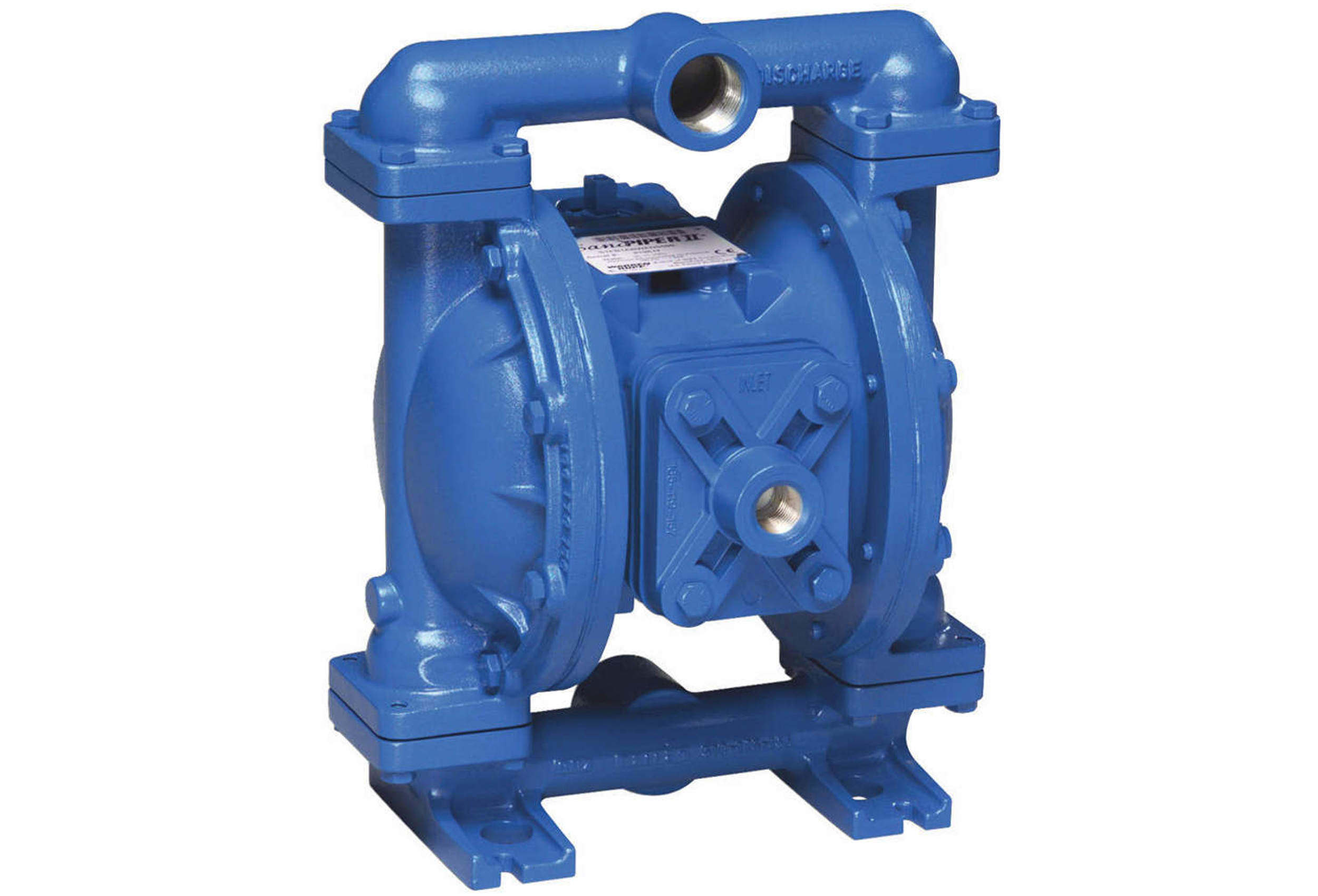The manufacturing industry is always looking for ways to improve processes and become more efficient. One way to make your production process easier, more reliable, and more cost-effective is through the use of pumps. In this blog post, we will discuss the main uses of pumps in the manufacturing sector and how they can help streamline operations. We’ll break down why they are important tools for many manufacturers both big and small, so you can decide if a pump is right for you!
Introducing Pumps and Their Uses in the Manufacturing Industry
Pumps are an essential piece of equipment in the manufacturing industry, and they have a wide range of uses. They are used to move liquids, gases, and slurries from one place to another throughout the production process. Pumps have a valuable role in controlling the flow of materials and ensuring accuracy in the manufacturing process. They come in various types, sizes, and materials, each suited to different applications, from wastewater treatment to chemical plants. Understanding the different types of pumps and their uses is crucial to ensuring that the manufacturing operation runs efficiently. With such a fundamental role in the manufacturing process, it is apparent that pumps play a significant part in maintaining productivity and quality on the factory floor.
Types of Pumps Used in the Manufacturing Industry
The manufacturing industry heavily relies on pumps to ensure the smooth delivery of fluids throughout their processes. There are various types of pumps utilised in the manufacturing industry, each with its own unique characteristics and functions. Centrifugal pumps are commonly used in factories to handle high volumes of liquid, while diaphragm pumps are ideal for pumping fluids containing solids due to their ability to handle viscous liquids. Additionally, gear pumps offer high efficiency and are useful for low-volume operations, while lobe pumps are reliable and provide consistent flow rates. Understanding the differences between these various types of pumps can aid manufacturers in efficiently and effectively implementing them into their production processes.
Advantages of Using Pumps for Processing and Production
Using pumps for processing and production has countless advantages that are indispensable in a wide range of industries. Pumps can transport fluids and gases with impressive accuracy, which optimises the production process by avoiding inefficiencies linked to human error or even accidents. Depending on the type, pumps can handle harsh chemicals, toxic substances, or viscous liquids, working with a significant flow volume that would be unattainable otherwise. Using pumps in processing and production simplifies maintenance tasks that would otherwise be labour-intensive and time-consuming. Furthermore, pumping systems are highly automated, allowing staff to focus on other responsibilities while minimising downtime. Whether it is in the food and beverage, cosmetics, pharmaceutical, or energy sectors, implementing pumps is a smart choice for any company seeking reliable and cost-effective solutions that maximise production quality.
Design Considerations for Choosing the Right Pump for Your Application
When it comes to selecting the appropriate pump for your application, you’ll want to consider a range of design considerations to ensure you choose the best fit for your needs. Factors such as the desired flow rate, pressure requirement, fluid viscosity, and suction head play a significant role in determining which type of pump is most suitable. Additionally, you’ll need to assess the level of maintenance required and the overall efficiency of the pump. With numerous options available, understanding the unique benefits and drawbacks of each can help you make an informed decision and ultimately maximise your system’s efficiency and performance. Also, you can check the price and configuration before purchasing via Googling “diaphragm pump UK“.
Different Material Options for Pumps in the Manufacturing Industry
In the manufacturing industry, pumps are essential equipment used to transfer fluids from one location to another. When it comes to selecting the right pump, the material of the pump is an important consideration. Materials play a significant role in terms of durability, reliability, and cost. There are a variety of material options available for pumps, each with its own set of advantages and disadvantages. Metals such as stainless steel and cast iron are commonly used due to their strength, durability, and resistance to corrosion. However, plastic pumps are also popular due to their lightweight, cost-effectiveness, and ability to handle corrosive substances. Additionally, ceramic pumps offer exceptional performance in high-pressure applications, while composite pumps are suitable for handling high-temperature fluids. Choosing the right pump material can ensure efficient functioning and the longevity of manufacturing processes.
Safety Guidelines When Handling and Working with Pumps
When it comes to working with pumps, safety should always be the top priority. There are certain guidelines that should be followed to ensure the health and wellbeing of everyone involved. First and foremost, it is important to read and follow all instructions and warnings provided by the manufacturer. Before handling the pump, make sure it is turned off and unplugged from any power source. Wear appropriate protective gear, such as gloves and eye protection, when working with the pump. It is also crucial to regularly inspect the pump for any damage or wear and tear that may compromise its safety. By following these guidelines, you can ensure a safe and successful pump operation.
In conclusion, pumps are a vital component in many manufacturing processes. They offer various advantages and are also available in different materials to meet specific application requirements. It is important to take into consideration all the design and safety aspects when choosing the right pump for your needs. With all these tips, you should have no difficulty finding the perfect pump for your production process. So if you need it, don’t hesitate; start searching for the best option today and you’ll be well on your way to achieving efficient and successful production!
